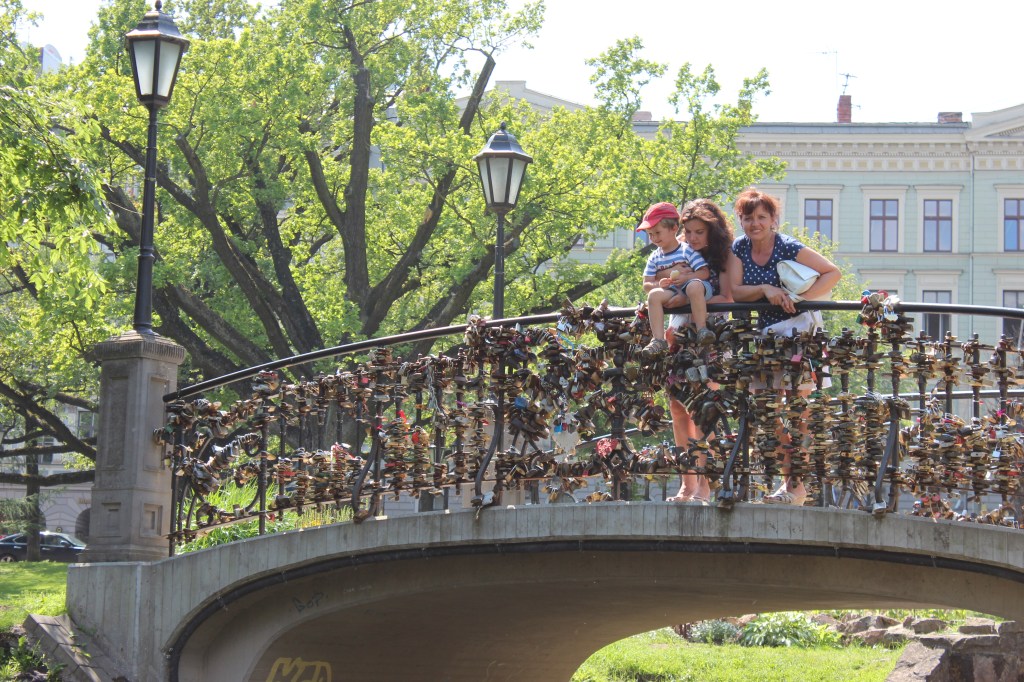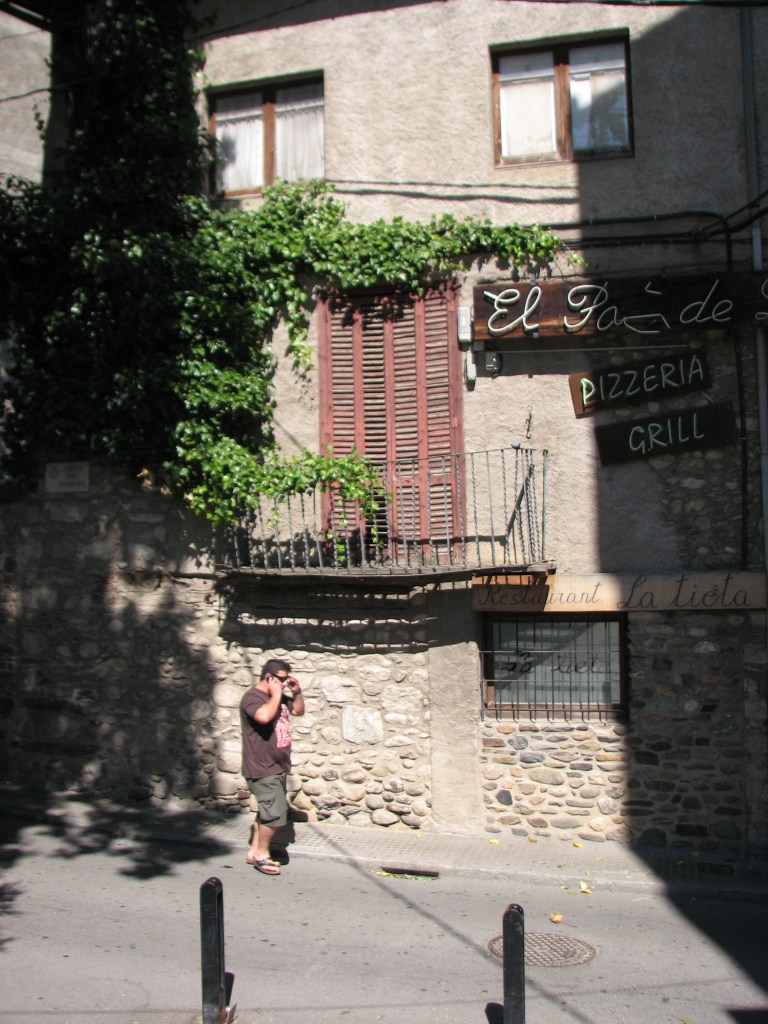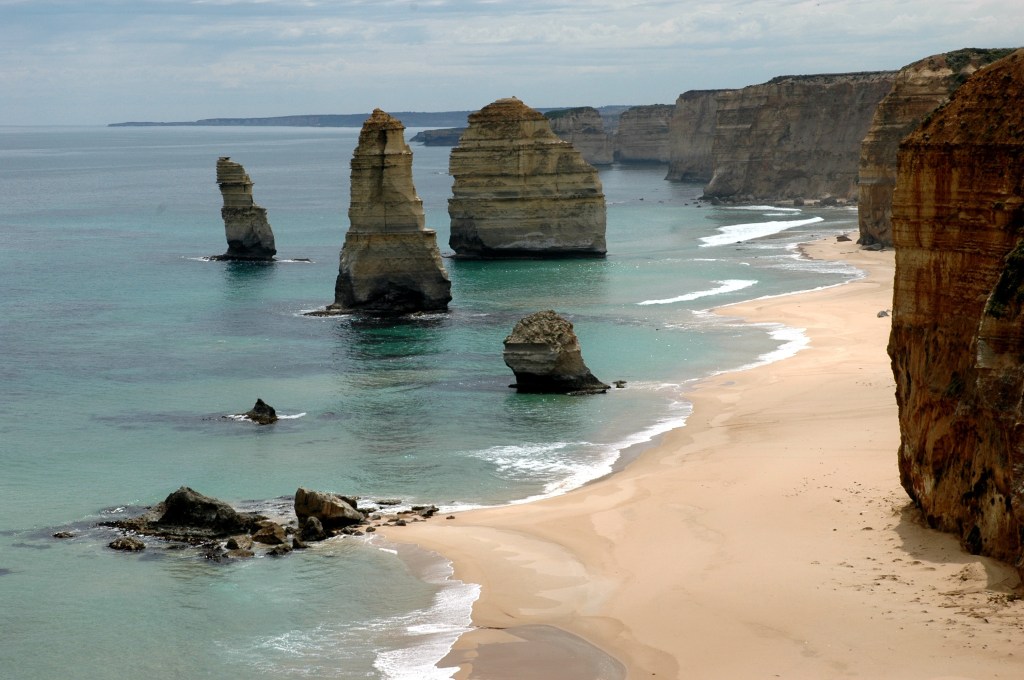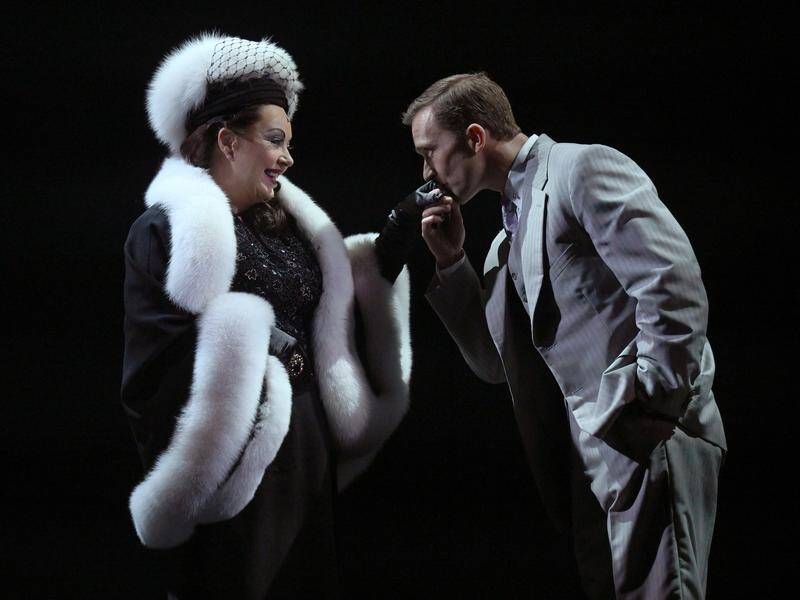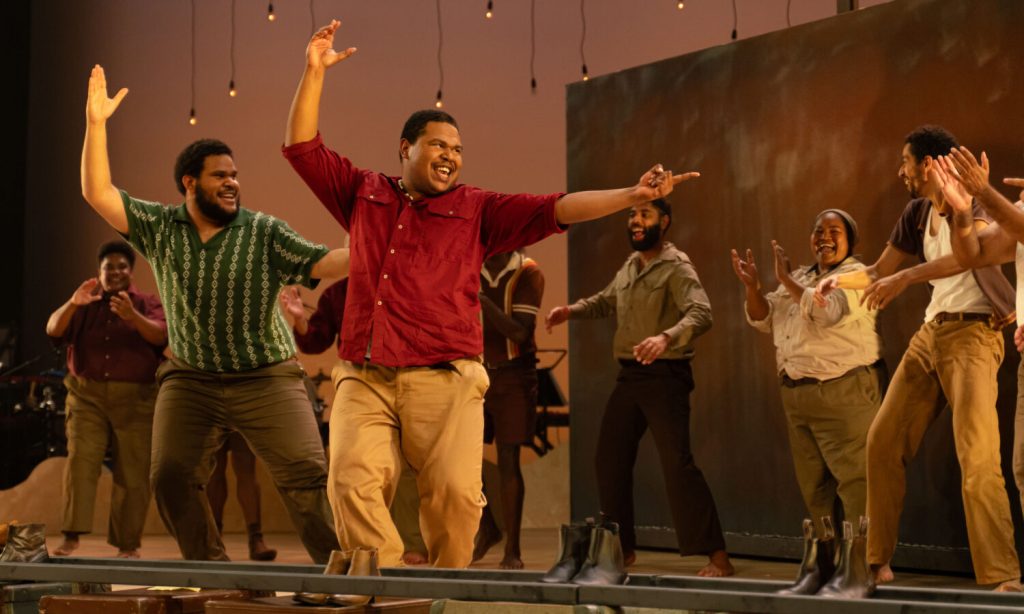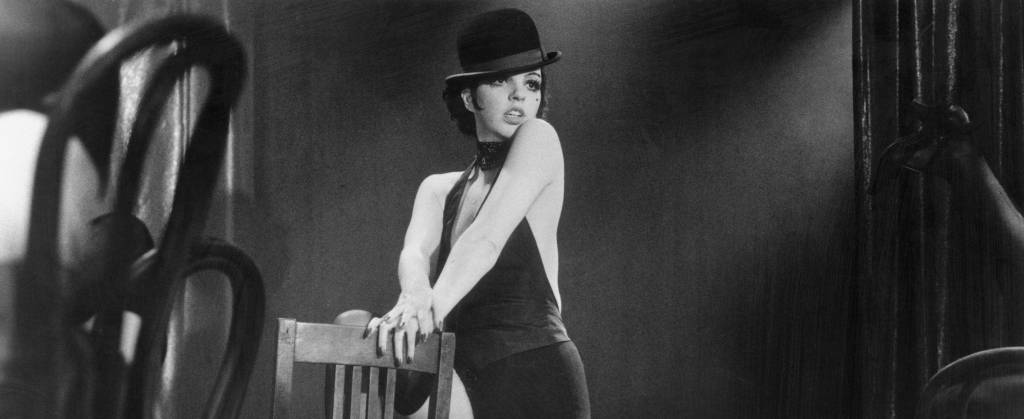Click on title to see full-page view
Someone – hold on a second – ah yes! Robert Browning – wrote a poem many years ago entitled My Last Duchess. It is not a very nice piece and some critics have called it a “… compelling psychological portrait of a despicable character …” (1). [See featured image LEFT *3 ]
So, despite the title, this is probably not a suitable theme for my last blog, as I rarely exhibit psychological traits and I really hope I am not a despicable character …
- Just ask my dog …
Perhaps I should have stuck with my first idea and gone with the Douglas Adams theme of So Long, and Thanks for all the Fish, part of the beautiful and bewildering and bewitching bloody awesome series of novels in The Hitchhiker’s Guide to the Galaxy.
About ten years ago – in August 2014 – I wrote a long travel tale entitled Dances and Dinners in which I commented on some of my travels in Spain and other European destinations. A small sample from that blog today seems horribly prescient:
- One woman I spoke to in Latvia said she was still very worried about Putin’s plans following his annexation of Crimea and the daily events in the Ukraine – just a few kilometres away. In Riga and Vilnius and elsewhere there are museums and monuments to the victims of the KGB, the Gestapo, the Cheka and all the others who ruled these areas until 1991. At the hands of the Russians or Germans, hundreds of thousands of people disappeared, were imprisoned, tortured or killed between 1941 and 1991 … yet menus, street signs and many other places still offer information in Latvian, English … and Russian. Apart from the noisy gangs of American college kids whom you can hear coming before you see them (“Yeah, like, I was like stoked when I like saw that thing.”), many tourists seem to be Russians. I cannot understand why they are welcome.
Today Putin continues his atrocious attacks on Ukraine, and Israel’s Benjamin Netanyahu continues his atrocious attacks on neighbouring countries – claiming self-defence. I am not pro-Arab and I am not pro-Israeli. I am, however, anti-terrorism and deplore Hamas and Hezbollah for their attacks on the Israeli state – although I can understand, perhaps, why havet happened. Israel has illegally seized thousands of square kilometres of Palestinian territory and now seems to be aiming for even more land to the north.
In the last eleven or so years since my first “blog” so much – and so little – has changed.
In Australia we have seen the rise and fall of a handful of Prime Ministers – Abbott, Turnbull, Morrison and Albanese. While each of these has had a reign of just two or three or four years, far outreaching Britain’s Liz Truss who lasted just about as long as a cheese soufflé left languishing below an air conditioning unit, we have also seen the wonderful US President Obama ousted by Trump and subsequently replaced by Biden.
I don’t know if there is much hope for the UK under its current PM, or for Australia under its current leader (for whom I must confess I have a grudging element – just an iota – of respect) but I have huge hopes for the Presidential candidate Kamala Harris in the USA who seems to be an articulate, an intelligent and a compassionate human being.
- Oh dear …
Perhaps I should stick to travel details and leave the politics to those who tell us that they know what they are talking about.
Farewell to politics and to blogs
- This is my 140th travel blog post.
Perhaps I should continue for a while longer, to claim my sesquicentenary medal and ribbon around the neck, but I am now at an age when travel and exciting new adventures are just a step or two too far for me. I had planned a fictitious Spanish train adventure blog or short story – see below:
I had booked a 1st Class sleeper cabin on the overnight train from Barcelona’s Sants station heading for Puigcerda, high up in the Girona mountains. Passengers with bookings in these cabins were greeted in the La Mancha waiting rooms, where tapas and xampanyeria were served in a deliciously and rather decadently Art Deco cavern with chandeliers and wall lights that may have been recycled from the RMS Titanic or a stately river cruiser from the Nile of the 1930s.
… and I had trawled through many thousands of travel photographs on my computer machine in an attempt to recreate a journey to India – or – as EM Forster may have had it – in A Passage to India – but nothing really clicked. Perhaps “God si love” has prevailed.
I have loved travelling for so many years and I have loved sharing some of those moments with people who drop into my blog … but now it is time for Christopher Hall and Christopher Isherwood’s Sally Bowles [in Cabaret] to say goodbye:
- Bye bye, mein lieber Herr
Farewell, mein lieber Herr
It was a fine affair,
But now it’s over (2) …
The best laid plans …
I had booked and paid for an interesting three-week tour of Adelaide, Melbourne and Sydney, flying to Adelaide, spending a few days there before exploring for old times’ sake the lovely village of Hahndorf – is the wonderful Old Mill Restaurant still there? – before driving to Melbourne via the Great Ocean Road, apparently one of Australia’s most scenic coastal roads.
I had booked a 1st Class seat on the train from Melbourne to Sydney – only to be told just a week or two before my departure that track works had closed the trains and that I would have the delight of a twelve-hour bus journey. I cancelled the train, got a refund, booked a flight to Sydney but then thought:
- Oh bugger it all
In fact, the travelling proved a little too much for me this time … and I feel I never want to see an aeroplane or a train or a bus again … but watch this space!
… and so I cancelled the whole journey except for a few days in Sydney where I was able to see Sarah Brightman in Andrew Lloyd Webber’s show Sunset Boulevard. It was an excellent production – and in many ways far better than the one I saw in London many years ago – but then, theatre technology has progressed so far and so fast … and while I have loved Brightman’s work in the past, I think Glenn Close’s 1994 Broadway version of Norma Desmond was far better.
In fact, over the last few weeks I have managed to see a few shows, some of which were better than the others, and some Wallabies Rugby games, most of which, unfortunately, were worse than others. I love my Wabbalies and really hope they come to form for the next World Cup before I turn my toes up!
Brisbane Festival
As I had planned to be away for most of the Festival, I bought tickets only for shows at the start and at the end of the programme, but started with the delightful Straight from the Strait – a celebration of music and dance from the Torres Strait in Far North Queensland, and where I worked for a couple of years. I loved the show and got quite tearful as so many of the songs and dances reminded me of parties and island feasts I had enjoyed on Thursday Island.
Straight told the story of a group of young men who left the islands to find work on mainland Australia’s railways. The staging was simple but effective and fluid and the dancing and singing quite wonderful. However, I think audience members would have needed some local knowledge to enjoy the dialogue (often in local dialects) and cultural references.
Earlier this week I attended Big Name, No Blankets, a show that traces the surprising rise to fame of the Australian First Nations Warumpi Band in the 1970s and 1980s. It featured a great lead vocalist whose stage presence reminded me of Freddie Mercury and Mick Jagger and I am sorry to say that I have not been able to find his name … but he played an original member of the band who died all too young … perhaps another Freddie link.
The show featured hard-hitting rock’n’roll songs in English and in First Nation languages with an on-stage six-piece band with a superb lead guitarist and an additional six or seven actors / vocalists. I was not sure about the politics aired in the show until I realised that this was an integral part of the original band’s performances – and one of their reason for performing throughout Australia and Europe. The music was strong and rhythmic – and the politics were part of the show.
Last night I enjoyed Limbo – the Return at a sort of Off-Off Broadway theatre, The West End Electric in Brisbane’s trendy West End. Limbo is a sort of cabaret cum circus cum mini Cirque du Soleil with fire eaters, whip crackers and a stunning slack rope performer. Huge fun – but a word or two of warning: expect the usual gratuitous nudity and don’t wear black as the amazing feather aerial act will see that every inch of your clothing is covered by white feathers. Yes – the audience sits just a metre away from the performers.
Auf Wiedersehen, liebe Damen und Herren
I wrote about the Brisbane Festival a year or two ago and it is always great fun with a huge range of entertainment and attractions. I may not say goodbye to the Festival but I will say goodbye to writing any more blogs.
Liza – or Sally – was singing for just one man in Cabaret. But I want to say goodbye to the many men and women who have faithfully followed these blogs for ten or so years.
It has indeed been a fine affair … but now it is indeed over.
……………………………………..
Journeys August 2014 – September 2024
Text and photographs © Christopher Hall August 2024
Photographs and texts thus indicated (*) are sourced from the Internet as shown in notes below:
- www.litcharts.com
- https://genius.com/Liza-minnelli-mein-herr-lyrics
- www.owlcation.com
- www.commons.wikimedia.org.Kamala_Harris
- www.12-apostles-on-the-great-ocean-road-victoria-australia.com
- www.Centralwesterndaily.com.au
- www.inreview.com.au
- www.suzygoessee.com
- www.thebroadwaymaven.substack.com
……………………………………..
If you enjoyed this story please scroll down to see earlier stories and forward the blog address to your friends: www.hallomega.com
……………………………………..
In my blogs I try to present a snapshot of the places I have discovered during a brief visit. I am not trying to present a detailed picture of the whole city or the whole region or the whole country.
……………………………………..
If a man ascended into heaven and gazed upon the whole workings of the universe and the beauty of the stars, the marvellous sight would give him no joy if he had to keep it to himself. And yet, if only there had been someone to describe the spectacle to, it would have filled him with delight.
- Attributed to Marcus Tullius Cicero – On Friendship
